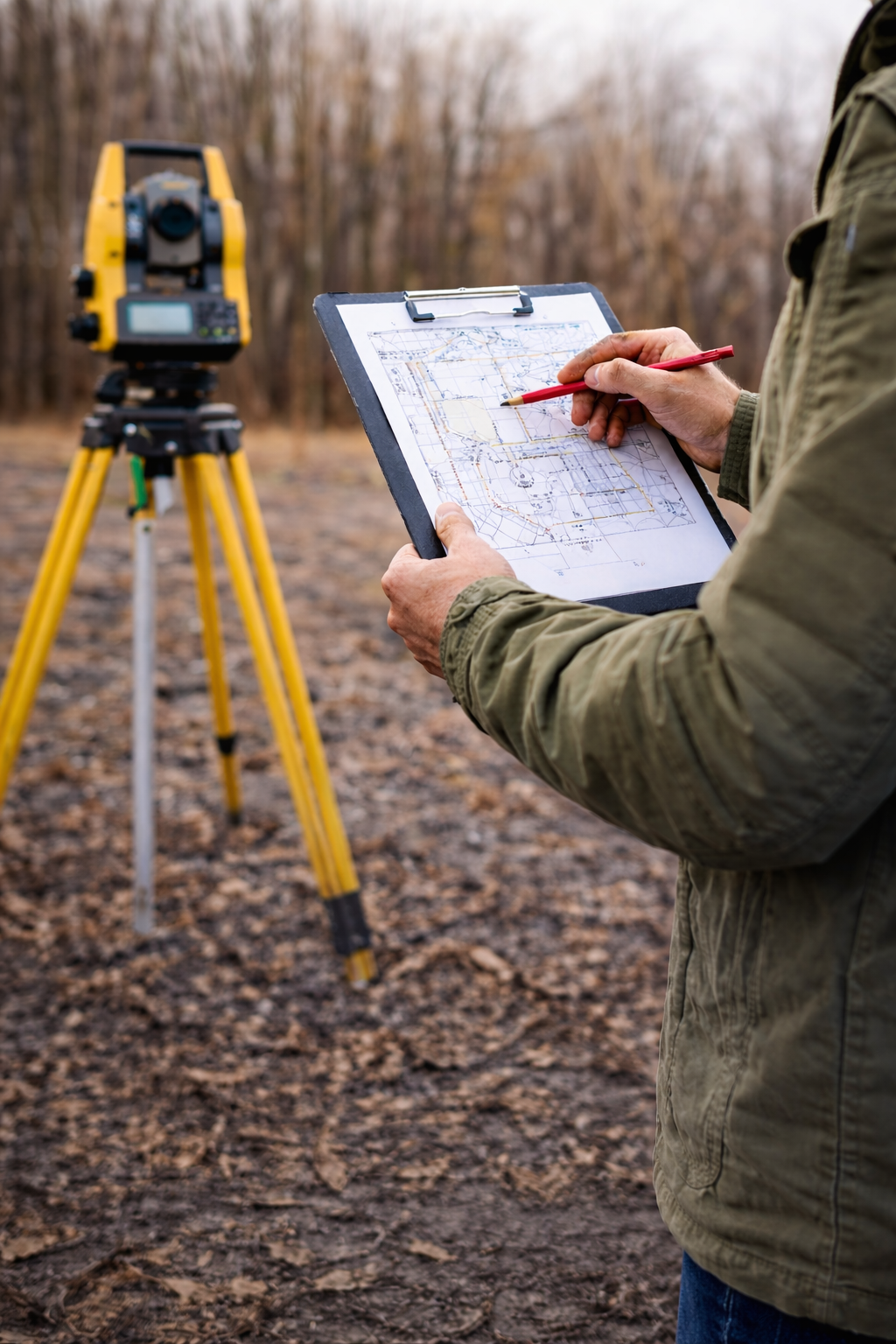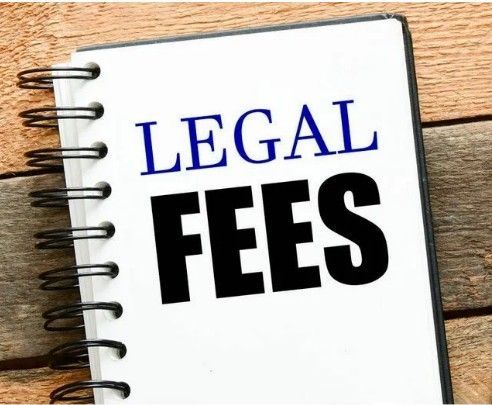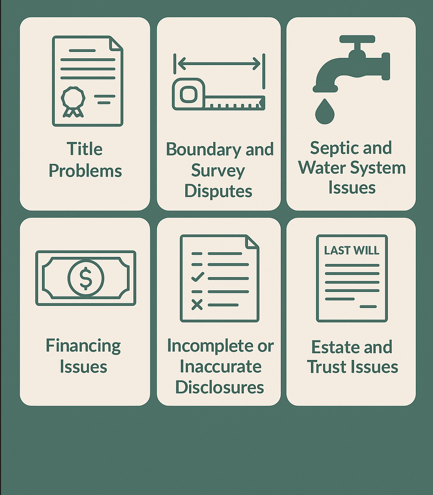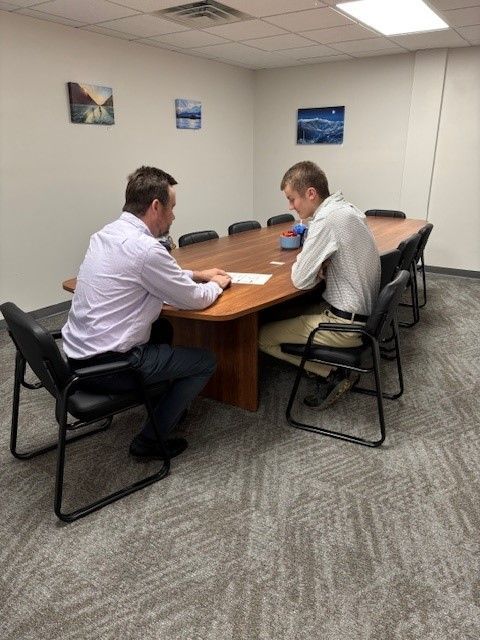Understanding Powers of Attorney in Real Estate Transactions
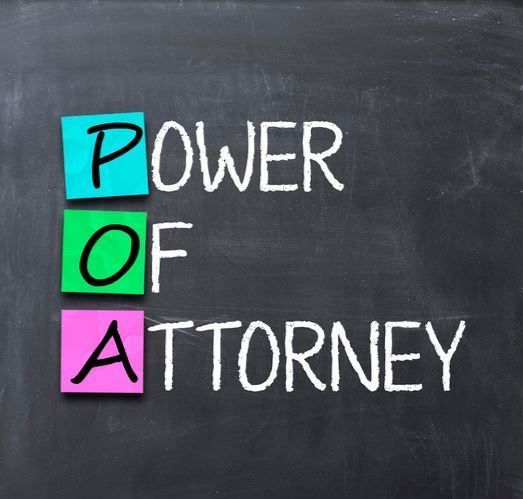
How Buyers and Sellers Can Use a Power of Attorney
A POA can be particularly helpful in the following real estate situations:
For Sellers:
• If a seller is out of town or unavailable on the closing date, they can appoint an agent to sign the necessary paperwork on their behalf.
• A POA can be used when a property owner is incapacitated and needs a trusted person to handle the sale.
• Investors or property managers who own multiple properties can use a POA to authorize an agent to handle sales and sign documents without their direct involvement.
For Buyers:
• Buyers who are relocating and cannot be physically present for closing can use a POA to designate someone to finalize the transaction.
• If a buyer is in the military or traveling internationally, a POA allows a trusted individual to act on their behalf.
• Some investors use a POA to have an agent manage multiple purchases without needing to be present.
Lender Approval for Using a Power of Attorney to Sign Loan Documents
When financing a property purchase, lenders often require additional scrutiny when a POA is involved. Mortgage lenders typically have strict guidelines regarding the use of a POA, including:
• Prior Approval: Many lenders require advance approval before allowing a POA to be used for loan documents.
• Specificity: The POA must clearly specify the agent’s authority to sign mortgage documents, promissory notes, and other required paperwork.
• Notarization and Witnesses: Lenders may require that the POA be notarized and witnessed to prevent fraud.
• Original Copy Requirement: Some lenders will only accept an original POA document, not a photocopy.
• Limited vs. General POA: A lender may require a limited POA, which grants authority solely for the real estate transaction, rather than a broad general POA.
Because each lender has different policies, it is crucial to confirm with the lender well in advance whether a POA will be accepted for signing loan documents.
Risks Associated with Using a Power of Attorney in Real Estate Transactions
While a POA can be convenient, it also presents certain risks, including:
1. Seller Impersonation & Fraud
One of the biggest concerns with POAs in real estate transactions is fraud, particularly seller impersonation. In some cases, fraudsters have used forged or fraudulent POAs to sell properties without the rightful owner’s knowledge. To mitigate this risk:
• Ensure the POA is properly executed and notarized.
• Verify the identity of the principal and agent before accepting a POA.
• Work with a reputable title company or attorney who can confirm the legitimacy of the POA.
2. Unauthorized or Unintended Transactions
A poorly drafted POA may give the agent more power than the principal intended. For example, an agent with broad authority under a general POA could transfer property or take actions the principal did not anticipate. To prevent this:
• Use a limited POA that only grants authority for a specific transaction.
• Clearly define the agent’s powers and restrictions in the POA document.
3. Lender Rejection
Even if a POA is legally valid, a lender may still reject it, delaying the closing process. Buyers should check with the lender early in the transaction to ensure compliance.
4. Potential Challenges in Court
If a dispute arises over a transaction conducted via POA, a court may review whether the agent acted in the principal’s best interest. This can lead to legal complications and potential voiding of the transaction if fraud or misrepresentation is suspected.
Best Practices When Using a Power of Attorney for Real Estate Transactions
To minimize risks and ensure a smooth transaction, consider the following best practices:
• Draft a POA with an experienced real estate attorney to ensure it meets legal and lender requirements.
• Use a Limited POA that is specific to the transaction rather than a broad general POA.
• Have the POA notarized and witnessed to increase its legitimacy.
• Confirm lender acceptance in advance to avoid delays or denials at closing.
• Verify the identity of the agent to prevent fraud or unauthorized transactions.
• Work with a reputable attorney who understands POA transactions and can assist with due diligence.
Conclusion
A Power of Attorney can be a valuable tool for buyers and sellers who need flexibility in their real estate transactions. However, it is essential to ensure that the POA complies with lender requirements, is properly drafted, and does not expose the principal to unnecessary risks. Consulting with an experienced real estate attorney can help navigate these issues and ensure a secure and successful transaction.
If you have questions about using a Power of Attorney in a Vermont real estate transaction, contact our office today for guidance.

